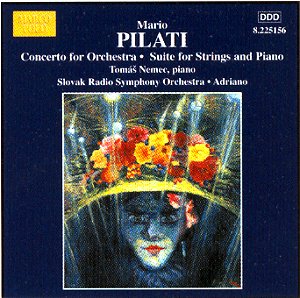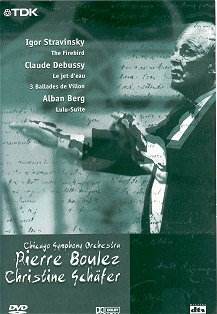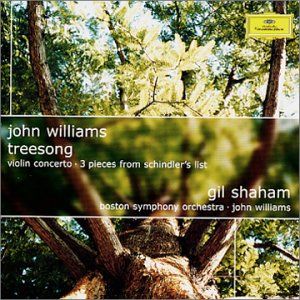 Composer: Fritz Busch
Composer: Fritz Busch
Works: Beethoven: Overture: Leonore No. 2 Op. 72; Mozart: Symphony No. 36 in C ‘Linz’ K. 425; Mendelssohn: Symphony No. 4 in A ‘Italian’ Op. 90; Brahms: Tragic Overture Op. 81; Weber: Overture: Der Freischütz; Haydn: Sinfonia Concertante in Bb Hob. I:105; Brahms: Symphony No. 2 in D Op. 73; Strauss: Don Juan Op. 20
Performers: Danish State Radio Symphony Orchestra; London Philharmonic Orchestra; Conductor: Fritz Busch
Recording: Recorded in London 1936 and Copenhagen 1947-1951
Label: EMI
The release of this two-CD set dedicated to Fritz Busch, as part of the “Great Conductors of the Twentieth Century” series, offers a compelling portrait of a conductor whose influence resonated deeply within the classical music community, particularly during his tenure at Glyndebourne. As a pivotal figure in the revival of Verdi and a champion of both German and contemporary repertoire, Busch’s artistry brings a unique interpretative lens to the selected works, capturing the essence of a conductor who was revered for his musical integrity and profound empathy for the pieces he conducted.
The disc opens with Beethoven’s Overture to “Leonore No. 2,” where Busch’s interpretation is marked by a keen sense of dramatic pacing and orchestral balance. The brisk tempo evokes urgency, while the orchestration remains transparent, allowing the thematic material to emerge vividly. This clarity is a hallmark of Busch’s style, which prioritizes the structural integrity of the music while infusing it with emotional depth. Similarly, in the “Linz” Symphony by Mozart, the buoyant spirit and elegance are palpable, as Busch draws forth a lively interplay between woodwinds and strings, showcasing the symphony’s thematic richness without succumbing to excess.
Mendelssohn’s “Italian” Symphony benefits from Busch’s vibrant conducting, which brings a refreshing spontaneity to the Allegro. The orchestra’s strings shimmer with brightness, and the rhythmic vitality in the Scherzo is infectious, echoing Mendelssohn’s own travels through Italy. The interpretative choices reflect Busch’s understanding of the historical context in which Mendelssohn composed, and this is further illuminated in the Brahms works included. The “Tragic Overture” features a robust orchestral sound, characterized by a poignant interplay of dynamics that accentuates the emotional weight of the score. Busch’s legacy as a protégé of Fritz Steinbach, a conductor intimately connected to Brahms, is evident in the nuanced phrasing and expressive depth that defines this performance.
The technical execution of the Danish State Radio Symphony Orchestra and the London Philharmonic Orchestra under Busch’s direction is consistently impressive. The brass sections project powerfully without overwhelming the texture, while the woodwinds exhibit a charming lyricism, particularly in Weber’s “Der Freischütz” Overture. The “Sinfonia Concertante” by Haydn, a lesser-known gem, is rendered with a sense of intimacy and grace, revealing the chamber music roots of the piece. The absence of Busch’s brothers in the recording, who were to have played the solo parts, is felt, yet the orchestral performance is so finely calibrated that one can almost imagine their presence.
The recording quality, spanning several decades, reflects the evolving technology of the time. The clarity of the orchestral sound is commendable, particularly in the later Copenhagen recordings, which possess a warmth that enhances the listening experience. However, some of the earlier London recordings exhibit a slight constriction in dynamic range, which may detract from the overall immediacy of the performances. Nonetheless, the artistry of Busch shines through, elevating these historical recordings beyond mere archival significance.
Fritz Busch’s interpretations encapsulate a profound understanding of the works at hand, characterized by an unerring sense of balance between technical precision and emotional resonance. His ability to connect with both the music and the musicians is palpable, and this compilation serves as an invaluable testament to his legacy. These performances not only highlight the conductor’s unique artistic voice but also offer listeners a rich tapestry of classical repertoire, rendered with care and insight. The enduring affection that Busch garnered from his players and audiences alike is richly deserved, making this release a must-have for both collectors and those seeking to understand the artistry of one of the twentieth century’s most beloved conductors.



